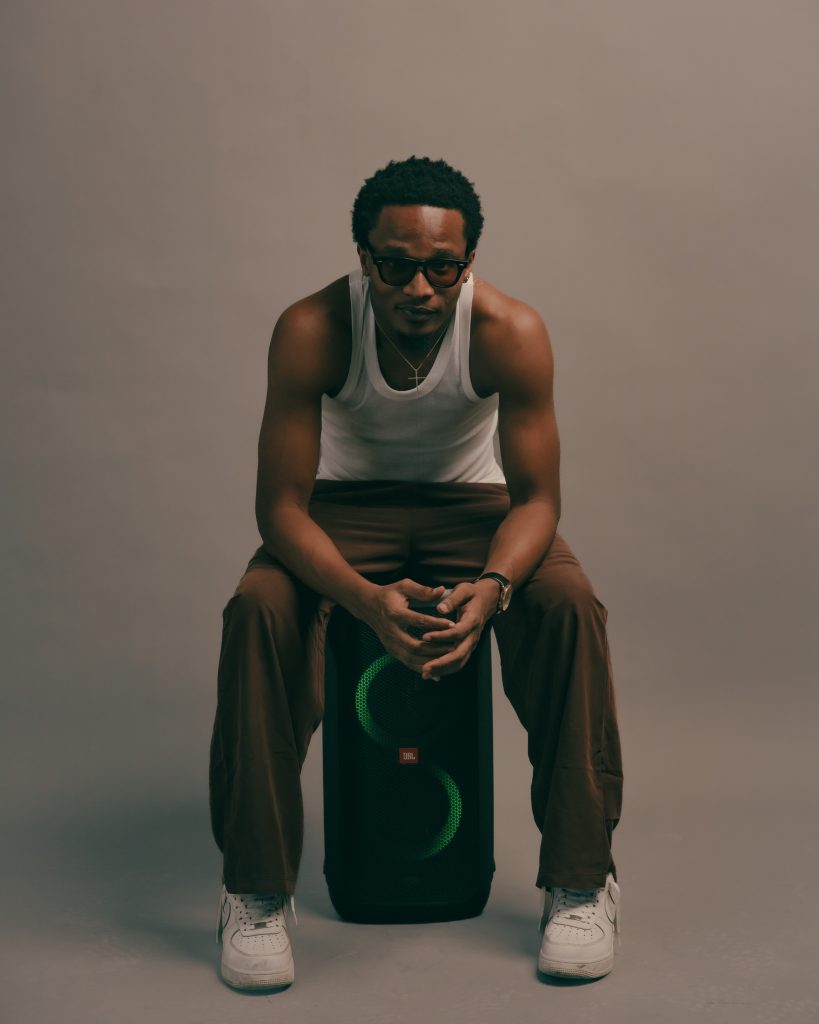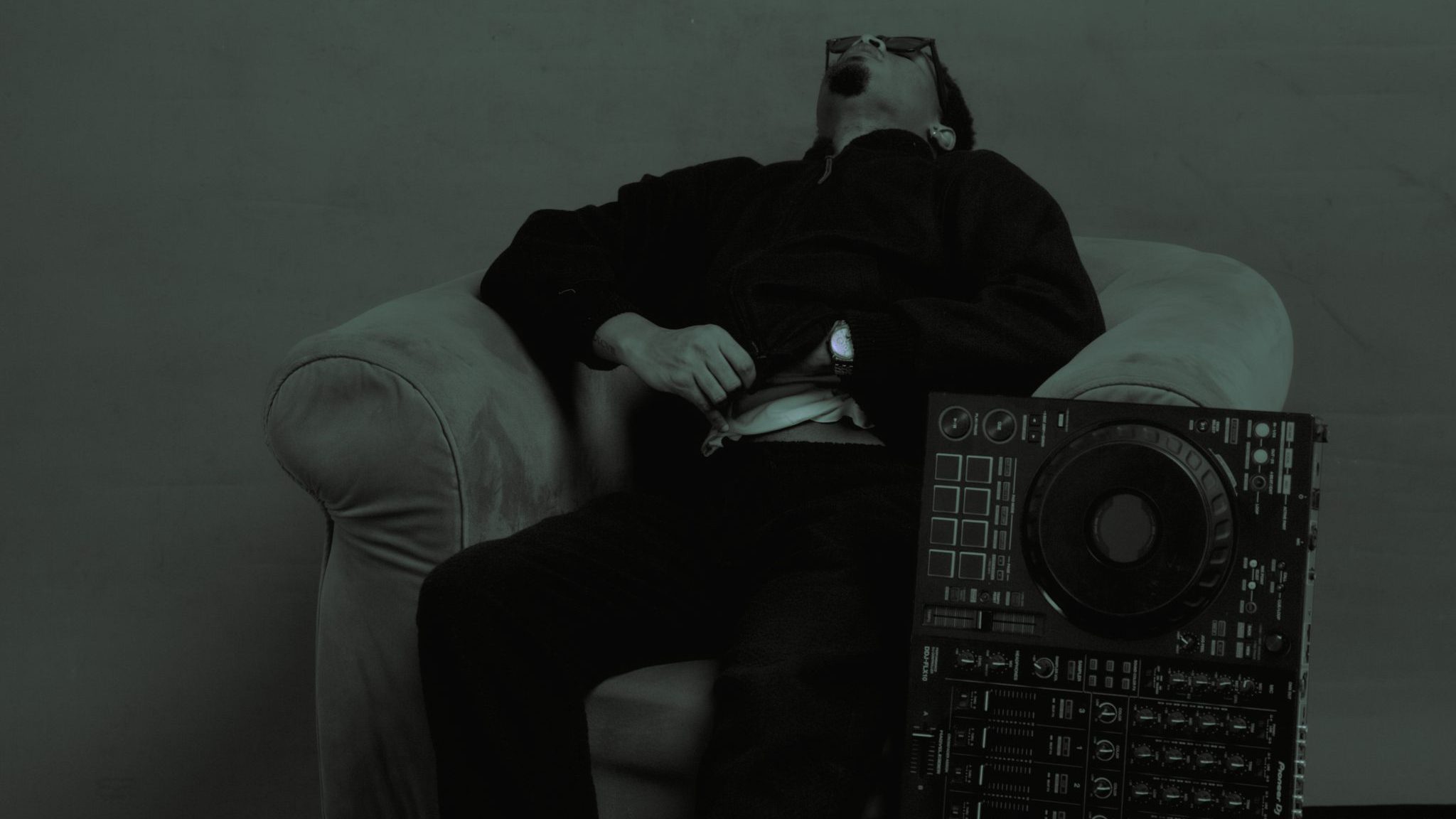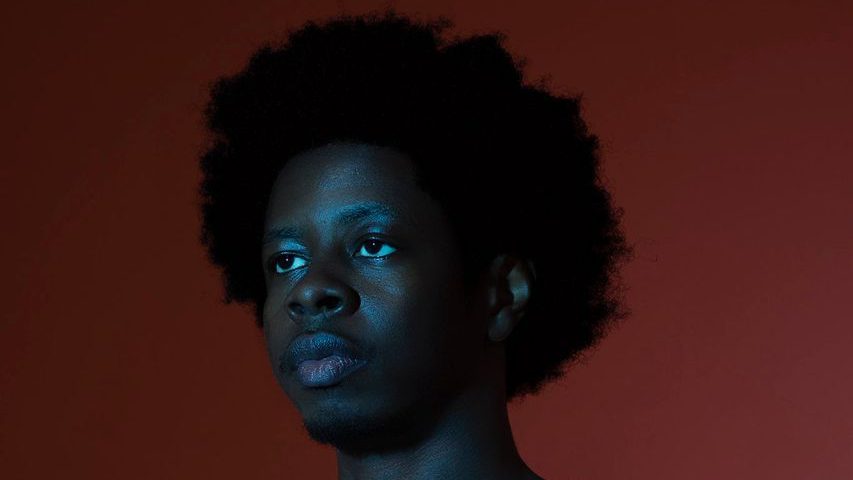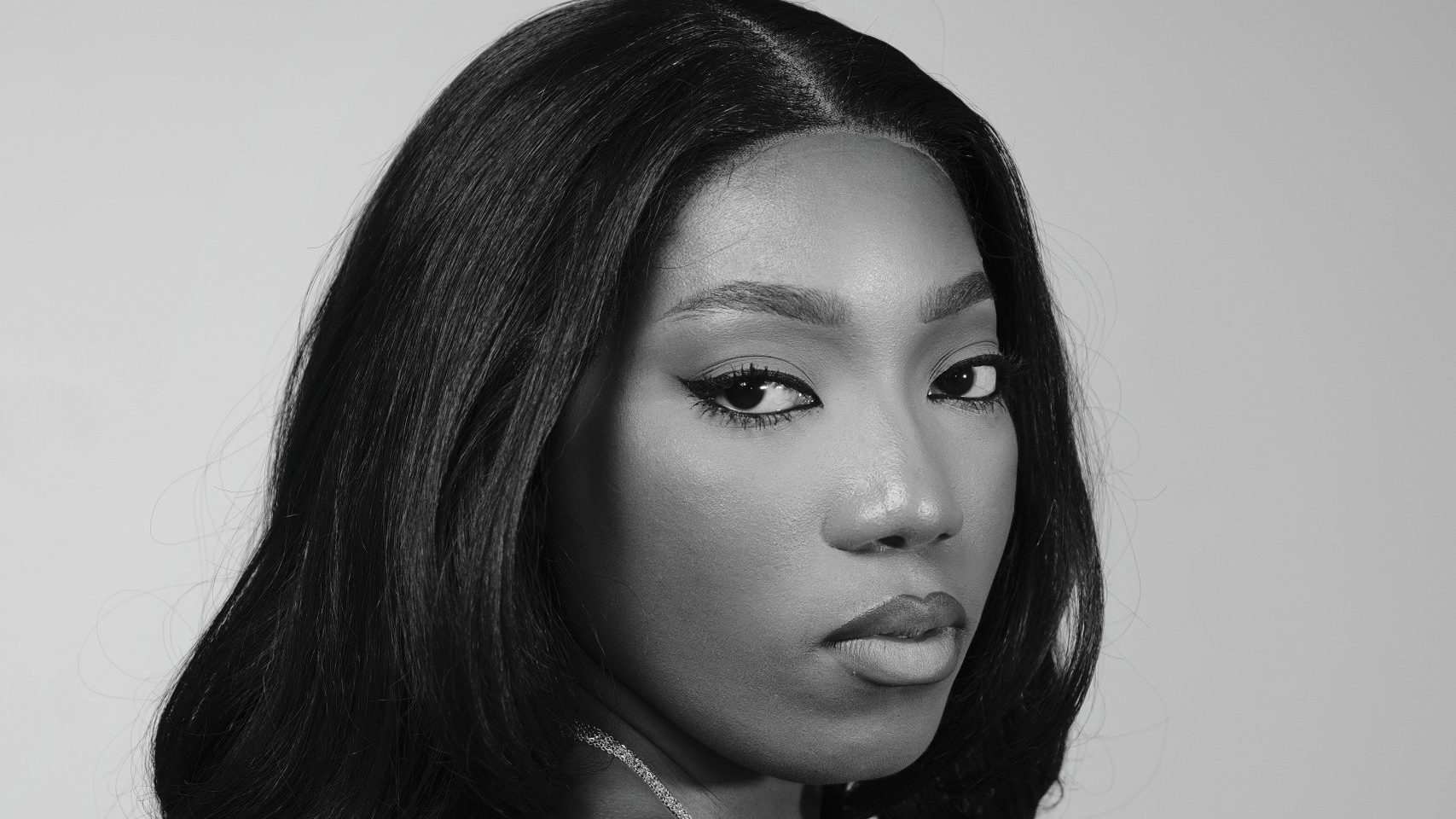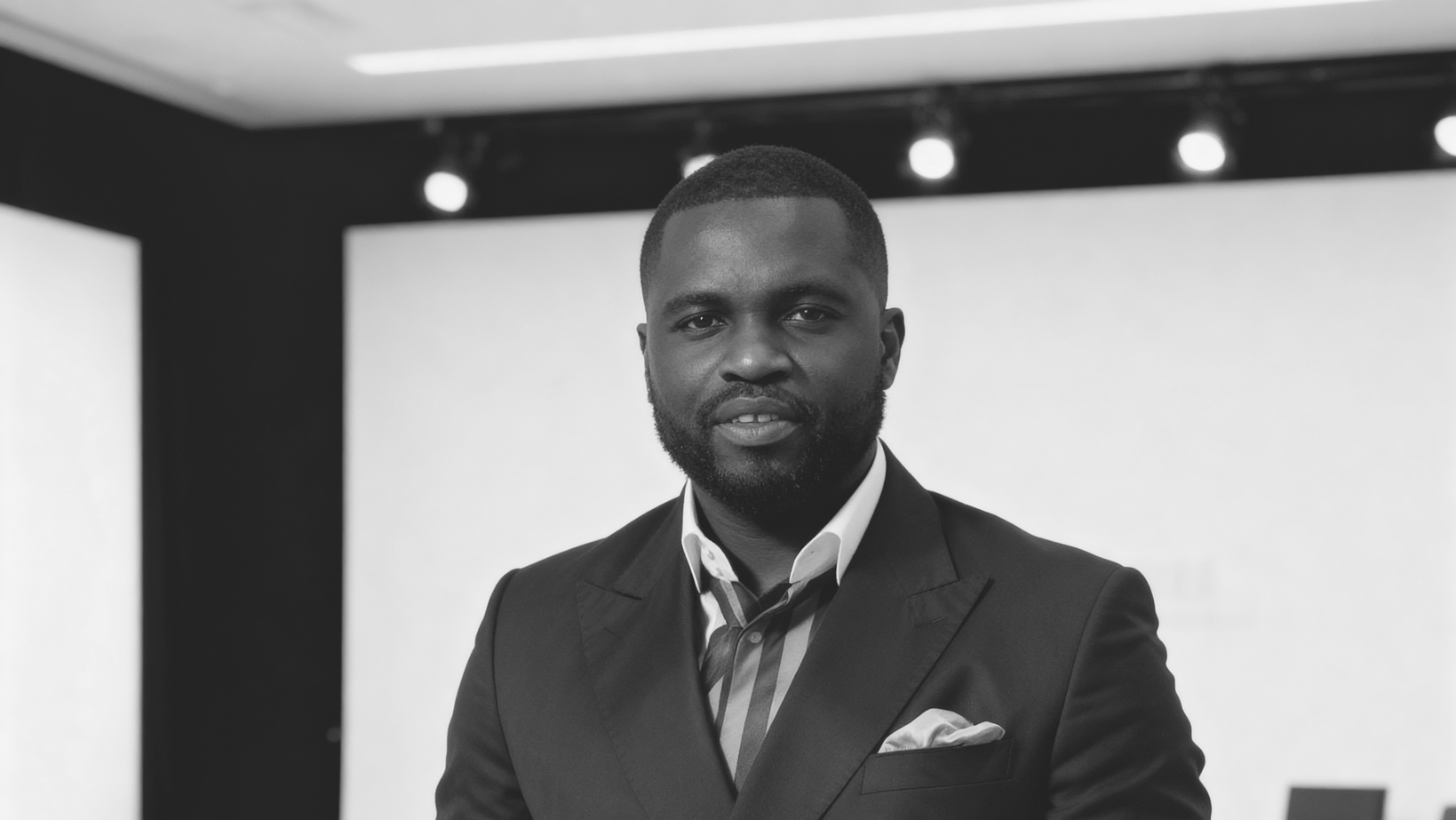In Lagos’ ever-evolving nightlife, where sounds shift and blend faster than weekend plans, few DJs have managed to find balance like Nino. He’s calm on stage, yet his sets command the dancefloor with an energy that feels both intentional and alive. Known for seamlessly fusing Amapiano, Afrobeats, Afro House, and 3 Step, Nino represents a new class of Nigerian DJs redefining what it means to move a crowd.
But his story didn’t begin under the flashing lights. It started in secondary school, where he was just “the guy in charge of the music.” From there came pool parties, a few underpaid 9–5s, and one life-changing gig at Art Café, a journey that turned casual playlists into purpose.
Now, as Amapiano continues to spread through Lagos like wildfire, Nino is focused on preserving its groove, depth, and soul, reminding listeners that beyond the viral hits lies a culture worth understanding. In this conversation, he reflects on his beginnings, the evolution of his sound, and how he’s helping shape the rhythm of the city’s nightlife, one set at a time.
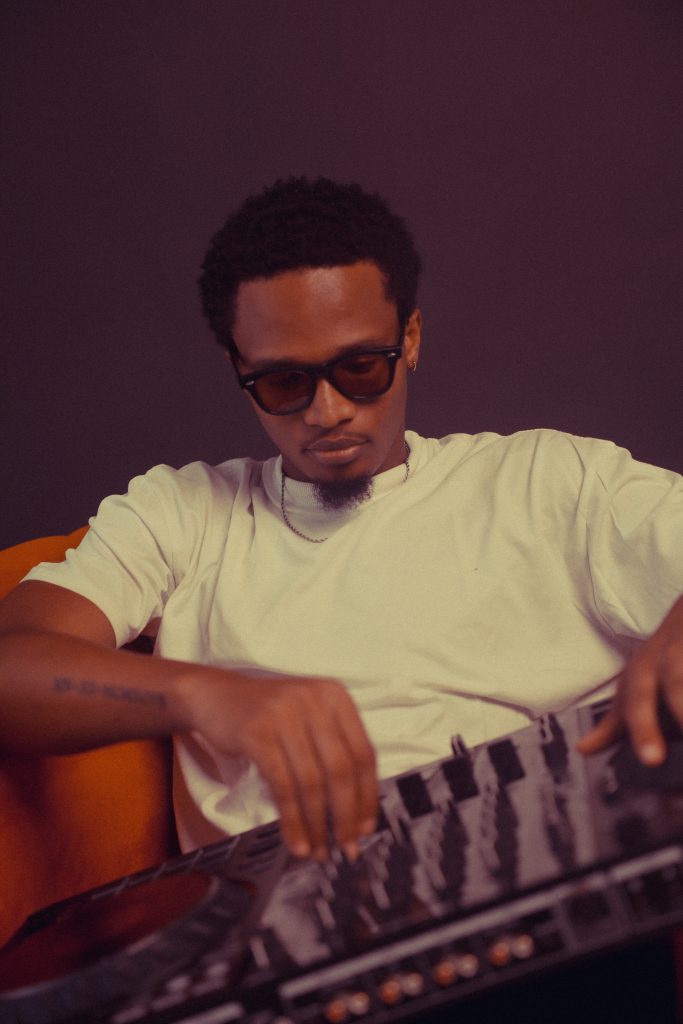
How did your journey as a DJ begin?
Nino: It all started back in secondary school when I was the Social Prefect, the guy always in charge of the music. I never really planned to become a DJ; it just found me.
A few years later, like most Nigerians, I tried the 9–5 life. I hated it as the pay was terrible, and it just didn’t feel like me.
Still, I kept playing at family events and at the pool parties my friends and I organised for fun. That’s where I truly learned how to read and move a crowd. Then one day, my friend Fortune recommended me to Art Café, which happened to be looking for a resident DJ. I took the chance, and that opportunity changed everything.
What began as “just music” soon became a full-blown calling.
Do you remember the first time you touched a deck, or the exact moment when you thought, “Yeah, this is what I want to do”?
Nino: The first time I touched a deck was in 2017, back at Babcock University. It was in my best friend’s room, and I remember feeling like a kid with new toys. The moment I decided to take it seriously came years later — in 2022, right after the first Upper Riddim.
From your time playing smaller gigs to now that you’re becoming a household name, what moments or milestones stand out to you the most?
Nino: There have been quite a few memorable moments along the way, but a few definitely stand out. Opening for Skyla Tylaa at Dance Ekó 2024 was one of those surreal experiences, the kind that makes you realise how far you’ve come. Another defining moment was Upper Riddim at Johnny Rockets; the energy that night was insane, and it reminded me why I fell in love with DJing in the first place. But beyond the big highlights, what truly stands out is looking back and seeing how much I’ve grown in such a short time, all from doing what I genuinely love.
Your sets are known for seamlessly blending Amapiano, Afrobeats, 3 Step, and Afro House. How did that fusion become your signature sound?
Nino: Honestly, those sounds are some of the most exciting and dominant in today’s scene, and I just gravitated toward them naturally. I didn’t start out planning to make that fusion my thing; it evolved as I experimented with what resonated on the dancefloor.
I realized how well Amapiano, Afrobeats, 3 Step, and Afro House complemented each other, and how they allowed me to bring different energies into a single set. Now, blending them feels like second nature; it’s my way of connecting with the crowd and expressing how the music moves me.
Amapiano is having a massive global run right now. How do you approach it differently from other DJs on the scene?
Nino: A lot of DJs tend to focus on the commercial side of Amapiano, which often leads to the sound being overplayed or misrepresented. I’ve seen people run it at ridiculous BPMs, completely missing the essence of what makes it special, its groove, its depth, its soul. For me, it’s different. I still see myself as a student of the genre. I take time to study its roots, understand its variations, and respect its tempo and rhythm. My approach is to not just play Amapiano, but to educate the crowd, to show them that beyond the viral hits, there’s a whole culture and emotion behind the sound and that’s what we are trying to build at Amapiano District..
If someone listened to one of your sets without actually seeing you playing, what do you think would make them say, “That’s Nino”?
Nino: If someone heard one of my sets without seeing me, I think they’d recognise it instantly by the songs I gravitate towards, like Asibe Happy and Abalele; they’re some of my favourites, and I play them with a particular energy. Beyond the track selection, it’s also in the way I build a set: the tension before a drop, the pacing, the way I layer different sounds to create moments that hit just right on the dancefloor. It’s that combination of personal favourites and signature set flow that I think gives my sound its identity.
Is your calm on-stage personality a reflection of your personality off the decks, too?
Nino: Yes, I am a very chill guy in general. Sometimes too chill. I can also be the opposite, but it’s a rare sight.
How do you see Lagos nightlife evolving, especially with genres like Amapiano and Afro House gaining more space?
Nino Dance music, especially Afro House, has already carved out its space in Lagos nightlife. People know it, feel it, and it’s become part of the city’s rhythm. I see Amapiano following that same path. My goal is for it to reach that point where it’s instantly recognisable, a sound people connect with, and something that keeps the city moving every night.
Do you feel DJs are finally getting the recognition they deserve as artists in their own right, not just “people who play music”?
Nino: Yes, 100%. Anyone who sees a DJ and still claims they just play music in 2025 is just being disingenuous. Shoutout to Spinall, DJ Tunez, Consequence, and so many more who have shown that it goes beyond playing people’s music.
You’ve already made your mark in Amapiano and beyond. What sounds or directions are you excited to explore next?
Nino: I won’t say I’ve made my mark yet. I think I’m headed in the right direction, but there’s still a lot of work to be done. Big shoutout to Six7even for pioneering the Amapiano sound here in Nigeria. There’s still so much for me to explore within Amapiano, and it also needs to be consumed properly by the audience. I feel we’re just scratching the surface. Beyond Amapiano, I’m excited to dive deeper into House and experiment with 3-step rhythms too. I want to see how these sounds can merge, evolve, and bring something fresh to the scene.
